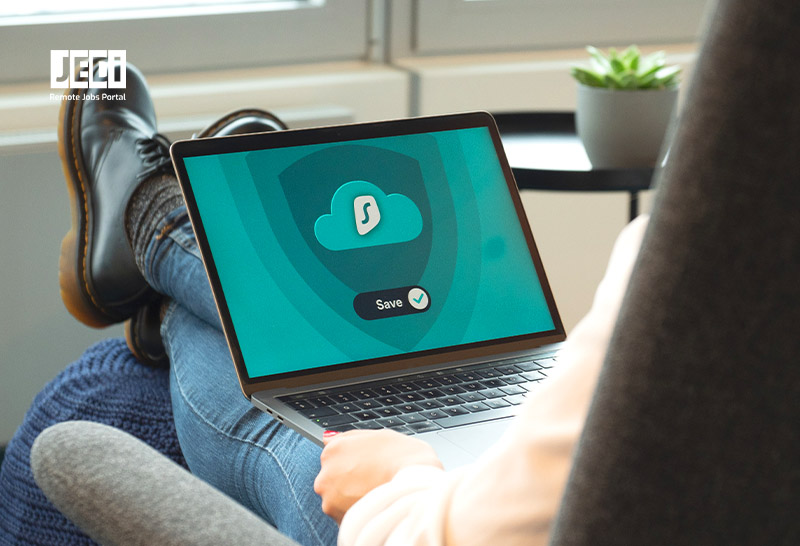If you have recently decided to enter the world of remote work full-time and choose a dedicated co-working space or a corner of your home as your office – welcome to the new norm! In whatever industry you work for – marketing, finance, e-commerce, or design – remote work can be one of the most rewarding, albeit challenging things that you can do. And as long as you give your full commitment in attending to your work tasks properly and promptly, you can achieve work-life balance.
While many businesses have begun to adopt and accept the transition to remote working, there is, however, one major caveat that is beginning to affect both employees and organizations, and that is cyber-attacks.
With the growing trend of remote working, many cybercriminals have begun infiltrating the relatively weak remote servers and home working networks that remote workers have set up, exploiting existing vulnerabilities to access confidential data and launch cyber-attacks in a variety of ways. Cyber-attacks can take many forms, ranging from phishing scams to malware attacks, making it critical for remote workers to learn how to recognize them as soon as possible.
It’s definitely important, especially when dealing with customers’ data, to keep the remote team as safe and secure as possible. Although working from home is frequently preferred, coworking in a cyber-secure environment is increasingly being viewed as the safer option. In this blog, we will look in-depth at what you can do to improve your over-all cyber security and ensure that your remote network set-up is private and your client’s data is secure.
Use Updated Anti-Virus Software
With cybercriminals constantly evolving, it is critical to ensure that your devices continue to function properly by providing them with the best protection possible. Investing in an updated anti-virus software, for example, could be money well spent because it not only keeps your device running smoothly, but also provides bundled protection for your system.
Anti-virus software keeps your devices and network secure at all times by utilizing a combination of firewalls, anti-spyware, and anti-malware functionalities, constantly running in the background to monitor any suspicious activity and alerting you of potentially dangerous material it detects.
Do Penetration Testing
One of the best steps you can take to improve your cybersecurity is to have it tested by a professional. You can quickly and easily investigate your existing network setup by using services like ethical hacking and penetration testing, to check for any potential loopholes or existing network vulnerabilities you aren’t already aware of. Then, armed with this knowledge, you can make more informed decisions about how to improve your current setup in the most appropriate way.
Always Enable Two-Factor Authentication
It’s all too easy to get distracted and unintentionally leave your laptop unattended for an extended period of time, whether you’re at your co-working space or at a local café. In order to prevent unauthorized access to your accounts or client data, it will be worthwhile to implement a two-factor authentication – a type of security system that requires two separate, distinct forms of identification in order to provide access.
While it may become tedious to constantly sign-in in this manner, from a personal security standpoint, it could make all the difference in preventing your data from being seen, breached, stolen, or deleted.
Set up a Secure VPN Connection
While we’re on the subject of working at a local pub or café, and you must rely on a public Wi-Fi network, make sure to use a VPN connection at the same time. Public Wi-Fi networks, like home Wi-Fi networks, have incredibly weak infrastructures that can be easily breached by even the most inexperienced of hackers.
As a result, using a VPN connection will create a much more secure connection between you and the internet by routing all of your data traffic through an encrypted virtual tunnel while masking your IP address. This, in turn, makes your location invisible to everyone, assisting in the security of your network against the threat of an external attack.
Working as a remote worker can be challenging even in the best of circumstances, so don’t make things more difficult for yourself by having a low level of cybersecurity. With a few upgrades here and there, you can make it much more difficult for any potential hacker to penetrate your network, and strengthen the protection of important data – customers’ data or projects that you are currently working on.


Leave a Reply